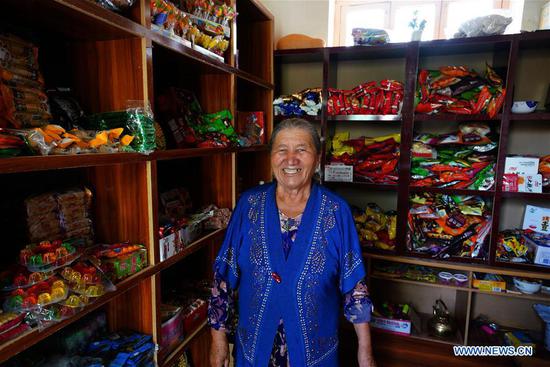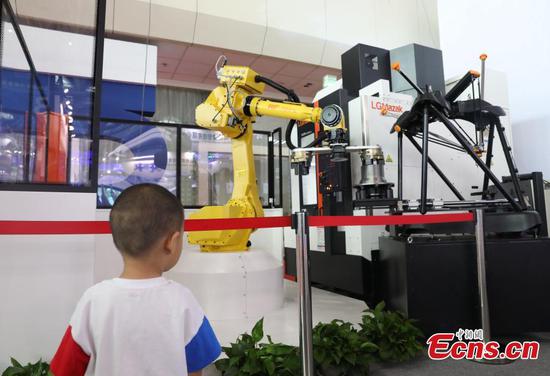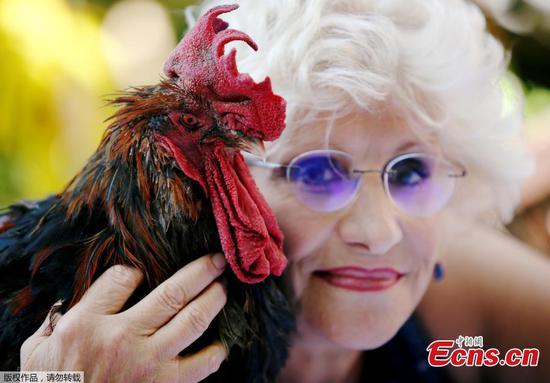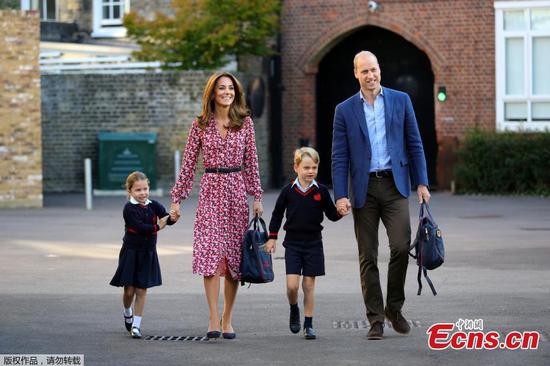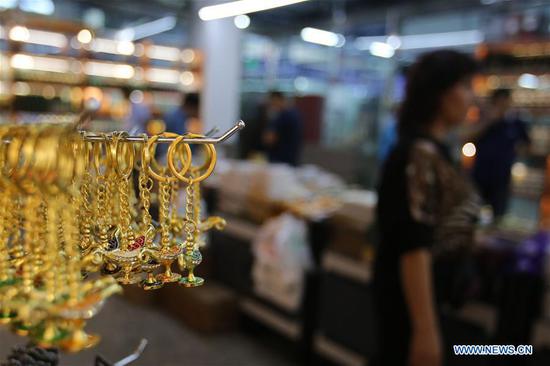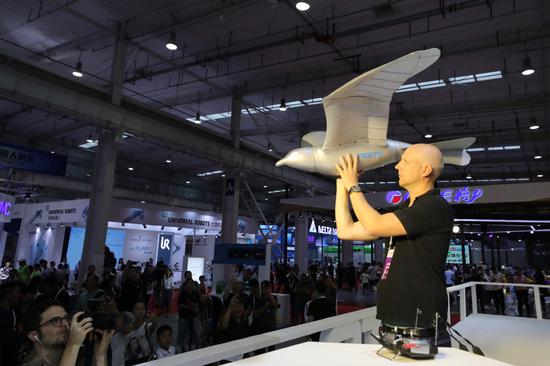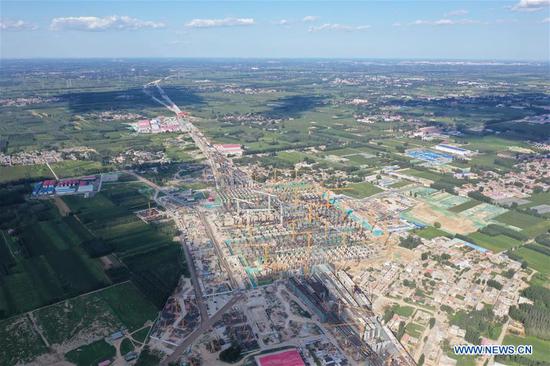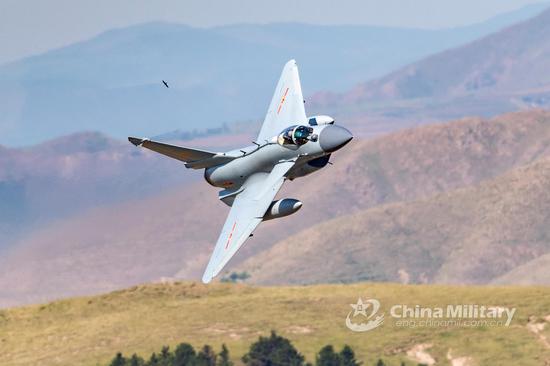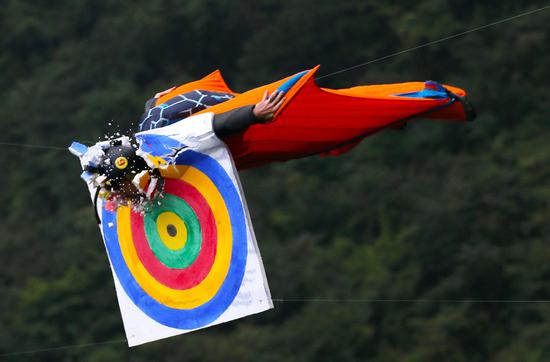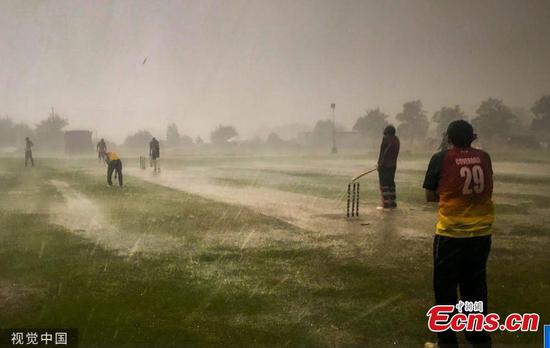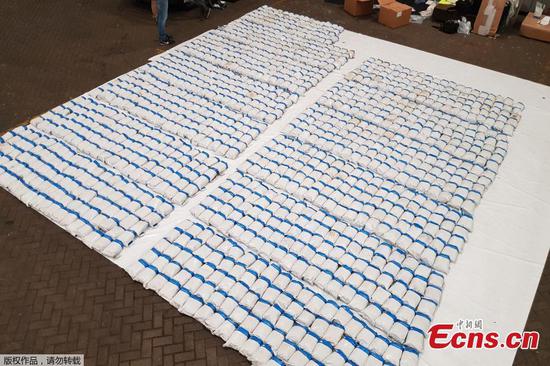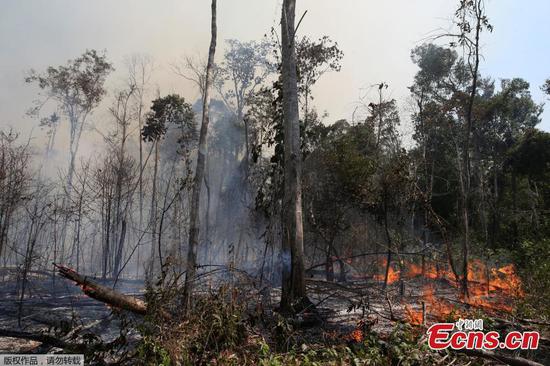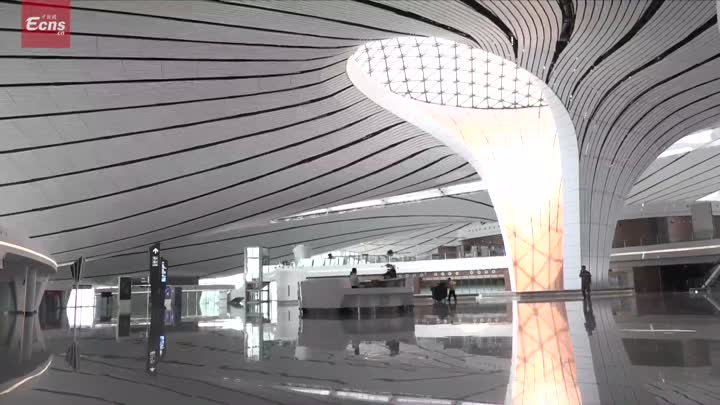Chinese scientists are making efforts to build a cutting-edge platform for the research on pathogenic microbial infection and the development of infectious disease prevention and control products.
The research will benefit not only China but also other countries, scientists with the Key Laboratory of Pathogenic Microbiology and Immunology of the Chinese Academy of Science (CAS) told dozens of foreign journalists who visited the lab recently.
The Information Office of the State Council recently organized journalists from foreign media to visit the Institute of Zoology and the Institute of Microbiology of CAS.
Hou Jianguo, vice president of CAS, introduced the achievements made by the academy in major scientific projects, education and international cooperation.
Zhou Qi, director of the Institute of Zoology, shared with the journalists about his team's exploration in the field of stem cell research.
Gao Fu, head of the CAS Key Laboratory of Pathogenic Microbiology and Immunology, said his team's research will also contribute to developing countries, especially countries in Africa.
"As the director-general for China CDC (Chinese Center for Disease Control and Prevention), at the moment, I organized a lot of activities in Africa for disease control and prevention, especially for some emerging and re-emerging viruses. And MAR (multiple antibiotic resistance) is a very important question to be addressed worldwide," Gao said.
His team is focusing on the studies of virus interspecies transmission, for example, how avian influenza infects human beings.
For the last decade, the team has elucidated the molecular mechanisms for the viruses such as H5N1, H7N9 and H10N8.
The researchers also elucidated the molecular mechanism for the MERS coronavirus, a Middle East respiratory syndrome virus, which was found in the Middle East but could be spread to other countries.
Gao said his team is working on the neutralizing antibodies of various viruses, including Zika virus, Rift Valley fever virus and yellow fever virus.
The journalists also visited the CAS Center of Influenza Research and Early-warning, which studies the occurrence and evolution of influenza and other emerging or re-emerging infectious diseases and designs strategies to counter the threat of these pathogens at the earliest time possible.
The center has established a surveillance network of poultry farms, live poultry markets and wild birds.
Researchers at the center collaborate with Russian scientists to solve problems associated with the flu and other emerging infectious diseases and serve the scientific and technological cooperation programs under the Belt and Road Initiative.









